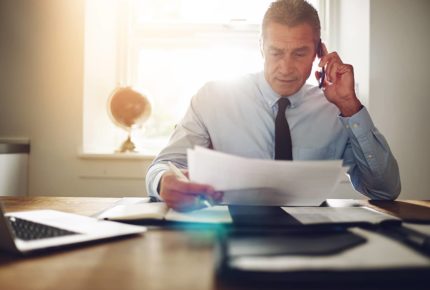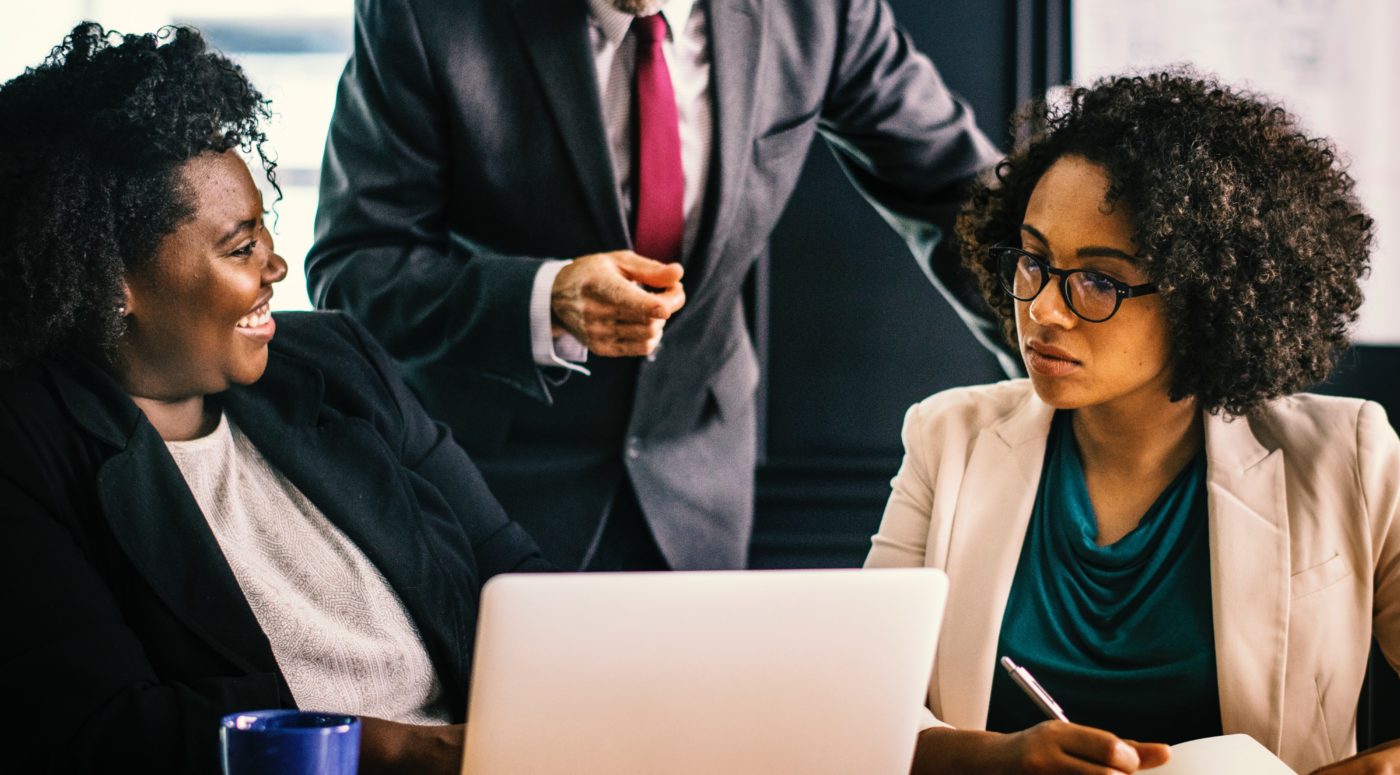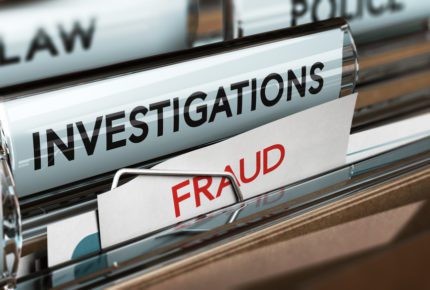

Criminal defence lawyers represent or advise clients in various legal matters. From first degree murder to minor criminal offences, they are qualified to deal with all kinds of crimes in the criminal branch of law. If you are facing criminal charges and you are wondering exactly what type of thing a criminal defence lawyer does, this article is for you. Here we look at the different types of criminal defence lawyer in the UK and give you more information on what will happen when you meet your lawyer and, if necessary, when you get to court. Finally, we advise on how you can find the best criminal defence lawyer for your specific case.
What are the different types of criminal defence lawyer in the UK?
There are two basic types of criminal lawyers in the UK. One is the prosecutor and the other is the criminal defence lawyer. The prosecutor is responsible for proving that the person charged is, in fact, guilty beyond reasonable doubt. The criminal defence lawyer represents the defendant who is being charged. They advise and support the client. Their goal is to show that the prosecution does not have enough evidence to prove that the client is guilty.
Criminal defence lawyers can represent you throughout all aspects of your criminal charge and proceedings: from the police interviews to your verbal defence in court. Besides representation, they will also work with police in investigating the case (where appropriate), question witnesses, and collect evidence. They will prepare the best defence strategy to facilitate the best outcome for your case.
Contact a criminal defence lawyer as soon as you know you are being accused of a crime, even before speaking to the police. Regardless of your involvement in the offence, a criminal defence lawyer is there to support you in the process, ensure you have all the advice you need at every step, and that your rights are being respected.
What can I expect when I first meet my criminal defence lawyer?
When you first meet, the meeting will be usually be an opportunity for you and your lawyer to familiarise yourselves with each other. It is very important for you to feel comfortable in working together. The consultation is of high significance, as it will be the decisive moment on whether you are suited to work with each other. The lawyer will ask you questions on the topic of your charges and probably also some background facts that he or she might think are relevant. These questions might sometimes seem irrelevant to your specific case, but he or she knows what personal or professional information is needed to help defend your case.
You may want to bring along any documents or important pieces of information that led to the incident. For example, if you are being charged with corporate fraud, you might want to bring documents related to the company where it occurred. This helps your lawyer to get an in depth view of your case.
If you feel anxious or nervous, remember this is quite normal. Your lawyer will understand this and are there to help you. It may be helpful to write down your thoughts before the meeting. For instances, you could write down what you want to ask during the consultation or any issues that concern you. You might want to know, for example, who else will work on the case or what kind of strategy is going to be used.
What do criminal defence lawyers do in court?
Criminal cases come to court after a decision has been reached (usually by the Crown Prosecution Service or ‘CPS’) to continue to prosecute someone for a certain crime.
In England and Wales, when someone is accused of an offence that carries a punishment of more than six months’ imprisonment, the individual has the right to a trial with a jury. Minor criminal cases are heard without a jury in the Magistrates’ Courts. For example, in cases of speeding offences.
Serious offences, however, must be tried before a jury in the Crown Court. Criminal defence lawyers can either be involved in prosecuting or defending an individual that is being charged with some kind of criminal offence.
While the lawyer involved in the prosecution tries to show that the individual has committed a crime and is responsible for it, the criminal defence lawyer actively defends the person from this charge. This can be done through contrasting evidence and witnesses testimony or by proving that the prosecution’s evidence does not show that the client is guilty beyond a reasonable doubt (the burden of proof).
A criminal defence lawyer is responsible for representing a person who is charged with a crime. He or she will assist the person and speak on their behalf. He or she will stay in touch with the client at all times and explain developments of the case. A criminal defence lawyer fights for his or her client during the trial.
Moreover, a criminal defence lawyer is responsible for being an advisor to his or her client throughout the process. For example, the lawyer will explain the details of the case against you or what your best options are at a certain moment. If you decide to plead not guilty, the lawyer will represent you during the trial. The lawyer will assist in helping you understand the legal procedures, prepare the defence (for example, how to share your side of the story) and design a defence strategy.
A lawyer can contact witnesses or experts to challenge the evidence that the prosecution is presenting. The goal for a criminal defence lawyer in a defence case is to clear the client of all charges as well as ensure a fair trial is being given to the client. If a client pleads guilty, or is found guilty, the lawyer will be there to try to persuade a reduction of the sentence. The lawyer can do this, for example, by making the judge, jury, or magistrates aware of your remorse or stressing some other mitigating factor.
How do you find the best criminal defence lawyer for your case?
When dealing with criminal defences, not all lawyers have the same knowledge. They will always have a base in criminal law, but perhaps more or less expertise in one area. The result of your case also depends on having the right support throughout the process. The type of case and the severity of it will determine what strategy will be used and also who is going to deal with it.
To find the best criminal defence lawyer for your case, start by thinking about the kind of assistance you need. If you are unsure, you can always get a no obligation consultation, which any reputable firm will offer.
A lawyer that has dealt with a lot of cases similar to yours is likely to know best how to get you the best outcome. Moreover, the law firm will also help you in choosing as it connects you to the team that is specialised in a particular type of offence. For example, on the Stuart Miller Solicitors website, if you need help with investment fraud, you can read specific information on that offence and we also show you which experts we have in that area of law. You can view our lawyers biographies, experience, notable cases as well as contact them directly by email. When in doubt, you can always check awards and reviews to verify the experiences of other clients. How a lawyer, or a law firm, handles their cases can tell you a lot about how your experience will be with them.
When you finally sit down to have a consultation with your lawyer, ask yourself the following questions:
- Are you comfortable talking openly to your lawyer?
- Is your lawyer able to explain things clearly?
- Does your lawyer seem actively involved and dedicated to the outcome of your case?
Lastly, you have to have a good feeling about the consultation. Chemistry is a very important factor when choosing your representation, as you will be working very closely together, potentially for some time. You should feel free to ask any questions that cross your mind. This helps your lawyer explain his stand on the situation, but it also helps you see the lawyer’s personality and dedication.
The relationship between you and your lawyer should be collaborative. You should be involved in the decision-making process, as this promotes a good partnership. It is important that you feel good about this collaboration because this will increase the chances of success if your case goes to trial.
Where to get more help?
If you or a loved one are facing charges and need help in finding the right solicitor as soon as possible, contact our highly experienced and friendly team at Stuart Miller Solicitors. Our lawyers have decades of experience defending all types of crimes and undoubtedly will be able to shed light on the confusion concerning your case. If you are looking for more information about criminal procedures, charges, courts or have other legal queries, you can also read more of our articles here.
OUR COMMITMENTS TO YOU:
-
Responsive
A legal expert will consult you within 24 hours of making an enquiry.
-
Empathetic
We will always treat you with trust, understanding and respect.
-
Specialised
Your case will be handled by an expert who specialises in your type of offence.
-
Proactive
We will take early action to end proceedings as soon as it is practically and legally possible to do so.
-
Engaged
You will be kept updated on your case at all times. We will provide a named contact available to answer your questions.
-
Caring
We understand this is a difficult and stressful time for you and your family. Our team will support you every step of the way.
-
Tenacious
We will never give up on your case. We fight tirelessly to get you the best possible outcome.

